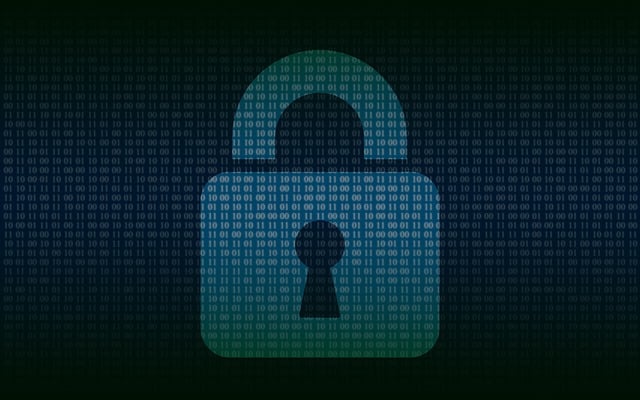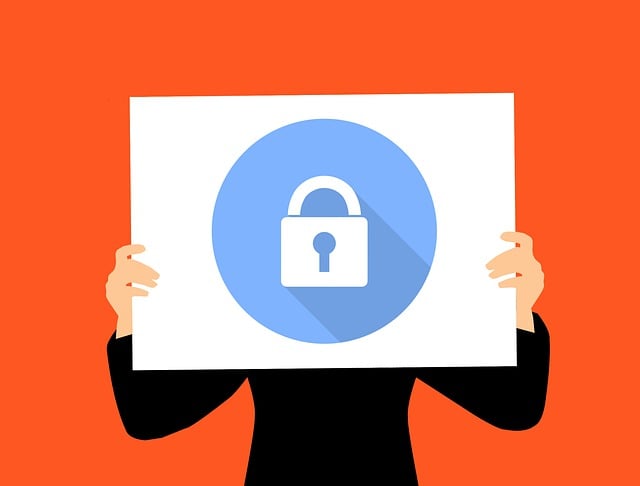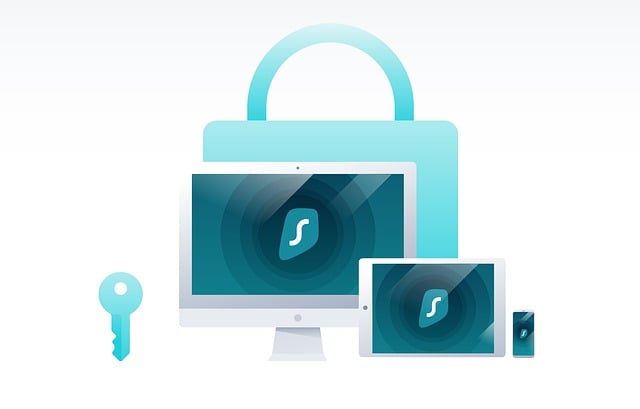CPA cybersecurity is paramount due to sensitive financial data vulnerabilities. Robust measures including firewalls, encryption, staff training, and secure storage are essential to protect client information. Phishing attacks pose a significant risk, requiring multi-factor authentication and employee awareness training. Encryption techniques safeguard data during transmission and storage, enhancing IT compliance with regulations like HIPAA and GDPR. A comprehensive strategy involves regular audits, advanced tools, regulatory updates, and incident response plans.
In the digital age, accounting and CPA firms face unprecedented cybersecurity risks. As they manage sensitive financial data, any breach can have severe consequences. This article explores tailored cybersecurity solutions designed specifically for CPA firms, addressing unique challenges from Data Protection to network security, phishing attacks, encryption techniques, and compliance considerations. Understanding these threats is the first step towards safeguarding client information and ensuring business continuity in an ever-evolving digital landscape.
- Understanding CPA Firms' Unique Cybersecurity Risks
- Data Protection: Safeguarding Client Information
- Network Security Measures for Enhanced Privacy
- Phishing Attacks and How to Defend Against Them
- Encryption Techniques for Secure Communication
- Compliance and Regulatory Considerations in Cybersecurity
Understanding CPA Firms' Unique Cybersecurity Risks

CPA firms deal with sensitive financial information, making them attractive targets for cybercriminals. Their unique position as trusted custodians of accounting data breeds a heightened risk of data breaches. Malicious actors often exploit human error through phishing schemes, aiming to gain unauthorized access to critical systems and data. This poses a significant threat not only to the firms themselves but also to their clients’ financial security.
Furthermore, complex regulatory requirements and compliance standards add another layer of cybersecurity challenges for CPA practices. Effective risk management necessitates a comprehensive understanding of these threats. Implementing robust IT policies is crucial in mitigating risks associated with accounting data breaches and ensuring the integrity of financial records.
Data Protection: Safeguarding Client Information

In the realm of accounting and CPA firms, data protection is paramount. With sensitive financial information at risk, robust cybersecurity measures are essential to safeguard client data from unauthorized access or breaches. Firms must implement comprehensive strategies that include advanced encryption technologies, secure storage solutions, and regular data backups to ensure resilience against cyber threats. Additionally, training staff on best practices, such as recognizing phishing attempts and following strict IT policies, plays a vital role in fortifying the firm’s digital defenses.
A key component of this protection is deploying robust firewalls for CPAs to monitor and control network traffic, blocking malicious activities while enabling legitimate data exchange. Furthermore, staying updated with industry regulations and standards ensures compliance and maintains client trust. By integrating these cybersecurity solutions, accounting firms can confidently navigate the digital landscape, knowing their clients’ information remains secure and confidential.
Network Security Measures for Enhanced Privacy

In the realm of CPA cybersecurity, robust network security measures are paramount to safeguarding sensitive financial data and maintaining client privacy. Accounting firms must implement strong firewalls, regularly update software patches, and monitor network activity for any suspicious behaviors. These foundational steps create a secure digital environment, deterring potential cyber threats like unauthorized access attempts.
Additionally, integrating phishing protection mechanisms, such as advanced email filters and user awareness training, is essential to mitigate the risks associated with targeted attacks. Implementing IT policy guidelines that enforce strong password policies, multi-factor authentication, and secure data storage practices further bolsters defenses against emerging cybersecurity challenges. Email encryption technologies also play a pivotal role in ensuring confidential communication between clients and CPAs, preventing unauthorized access to sensitive financial information exchanged via digital channels.
Phishing Attacks and How to Defend Against Them

Phishing attacks are a significant concern for accounting and CPA firms, as they can lead to severe data breaches and financial losses. These sophisticated scams often involve deceptive emails that appear to be from legitimate sources, tricking recipients into revealing sensitive information like login credentials or credit card details. To defend against phishing attempts, firms should prioritize employee training on cybersecurity awareness. Educating staff about identifying suspicious emails, verifying sender authenticity, and reporting potential threats is crucial. Implementing multi-factor authentication (MFA) adds an extra layer of security, ensuring that even if a hacker obtains login information, they still can’t access accounts without additional verification.
Additionally, employing email encryption services safeguards communication, making it difficult for unauthorized individuals to decipher the contents. IT compliance services play a vital role in maintaining secure systems and networks, especially with the rise of remote access security needs. By staying vigilant, regularly updating antivirus software, and adhering to strict cybersecurity protocols, CPA firms can fortify their defenses against phishing attacks and protect sensitive client data.
Encryption Techniques for Secure Communication

In the realm of CPA cybersecurity, encryption techniques play a pivotal role in ensuring secure communication between accounting firms and their clients. By employing robust encryption algorithms, such as AES (Advanced Encryption Standard) and RSA (Rivest-Shamir-Adleman), firms can protect sensitive financial data from unauthorized access during transmission. This is particularly crucial when CPAs facilitate remote access security for clients using VPNs (Virtual Private Networks), ensuring that even if data is intercepted, it remains unreadable without the decryption key.
Beyond protecting data in transit, encryption also safeguards stored information, fortifying IT compliance services within accounting firms. This dual approach not only prevents cyberattacks but also instills confidence in clients, assuring them that their financial details are as secure as possible. For CPAs leveraging remote access security tools like VPNs for their operations, a comprehensive encryption strategy is an indispensable defense against evolving digital threats.
Compliance and Regulatory Considerations in Cybersecurity

For CPA firms, navigating the complex landscape of cybersecurity requires a deep understanding of compliance and regulatory considerations. With stringent data protection laws like HIPAA and GDPR, firms must implement robust security measures to safeguard sensitive client information. Failure to comply can result in hefty fines and damage to reputation. A comprehensive cybersecurity strategy for CPAs involves regular security audits, leveraging advanced tools such as firewalls to protect against malicious threats, and training staff on best practices to mitigate risks associated with phishing attacks.
Additionally, staying abreast of evolving regulatory requirements is crucial. Regular updates and patches for software and systems are essential to address known vulnerabilities. Implementing multi-factor authentication, encryption technologies, and incident response plans further strengthens the cybersecurity posture of accounting firms. By integrating these measures, CPAs can ensure they meet regulatory expectations while maintaining the integrity and confidentiality of financial data.
